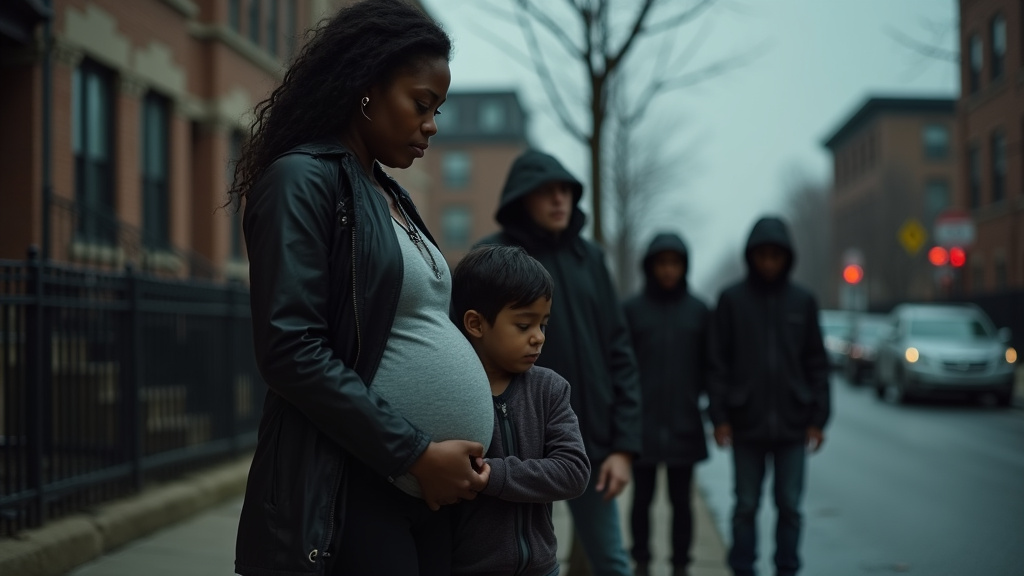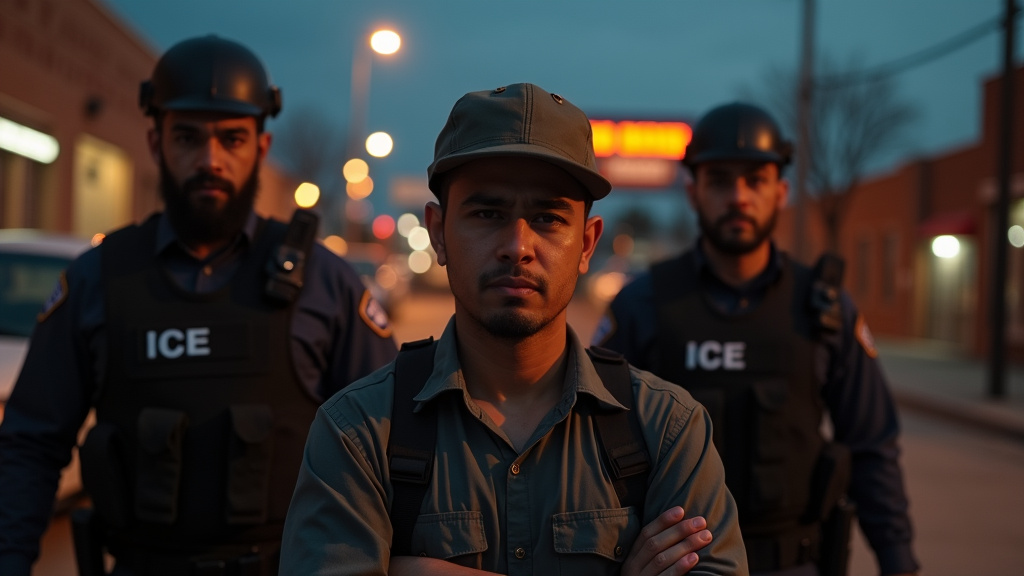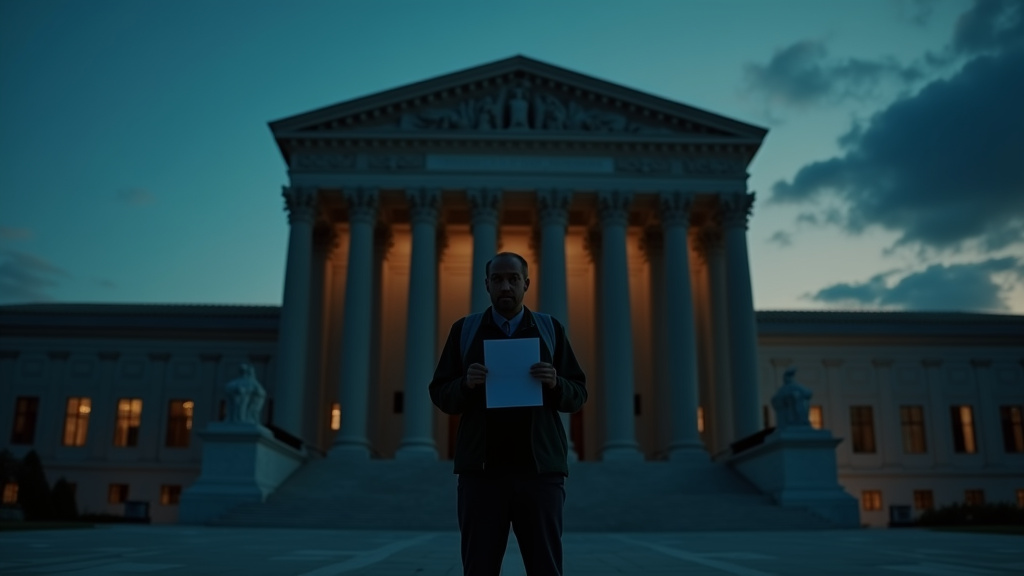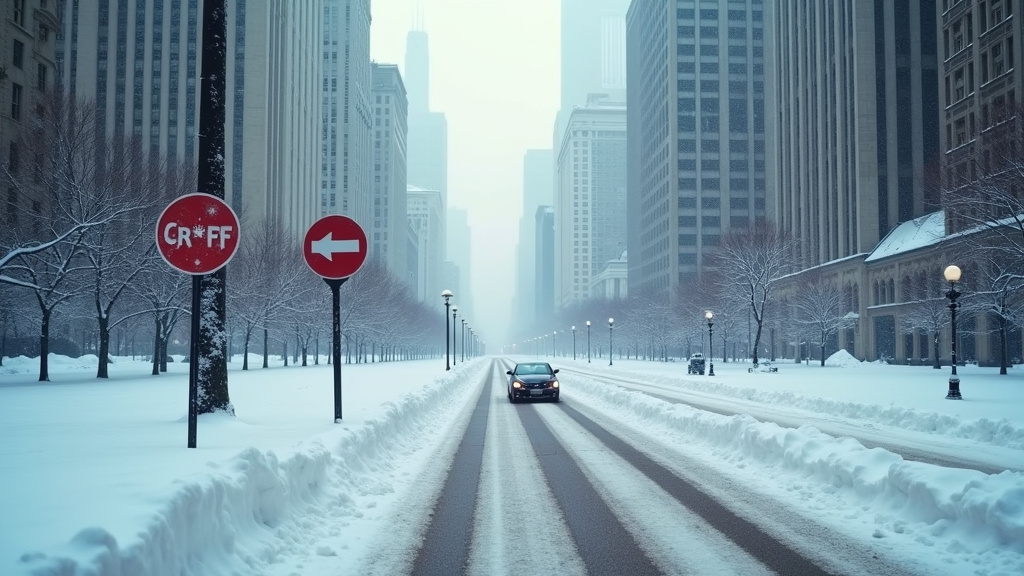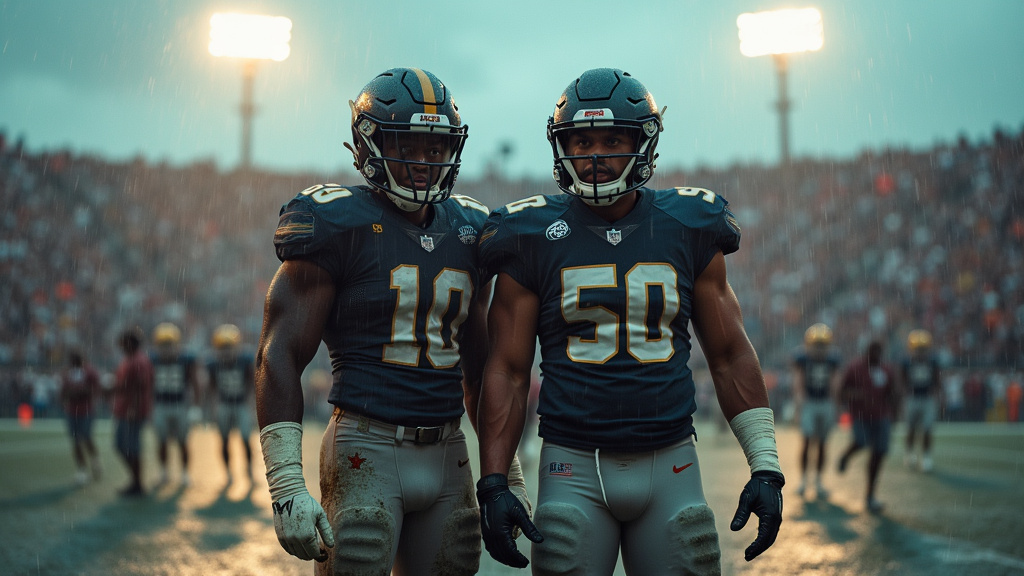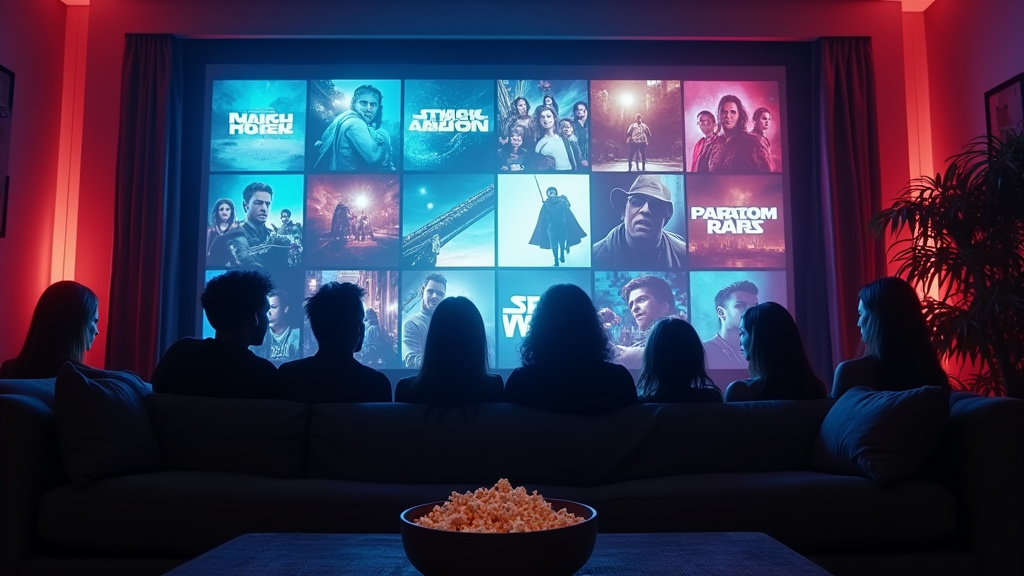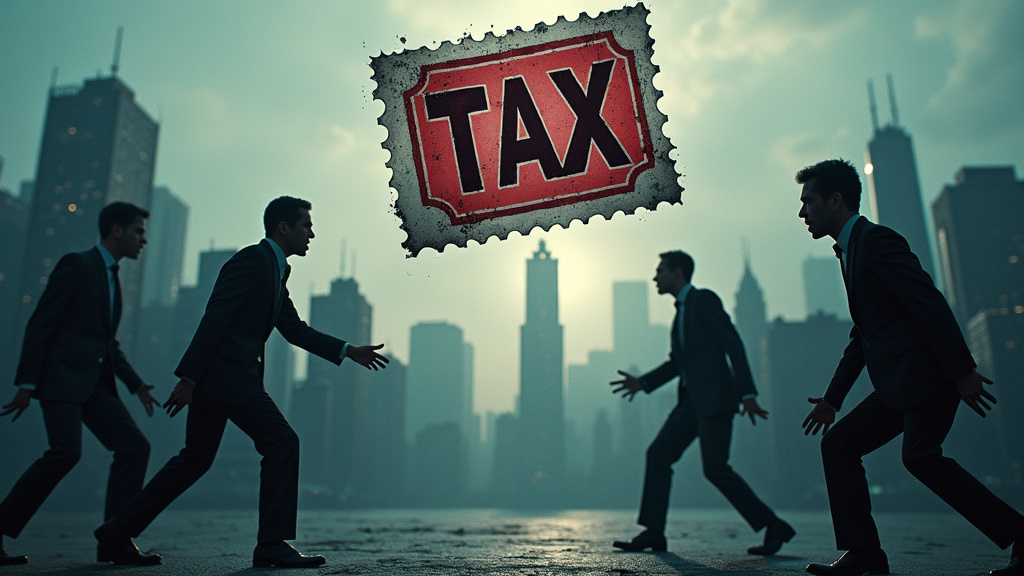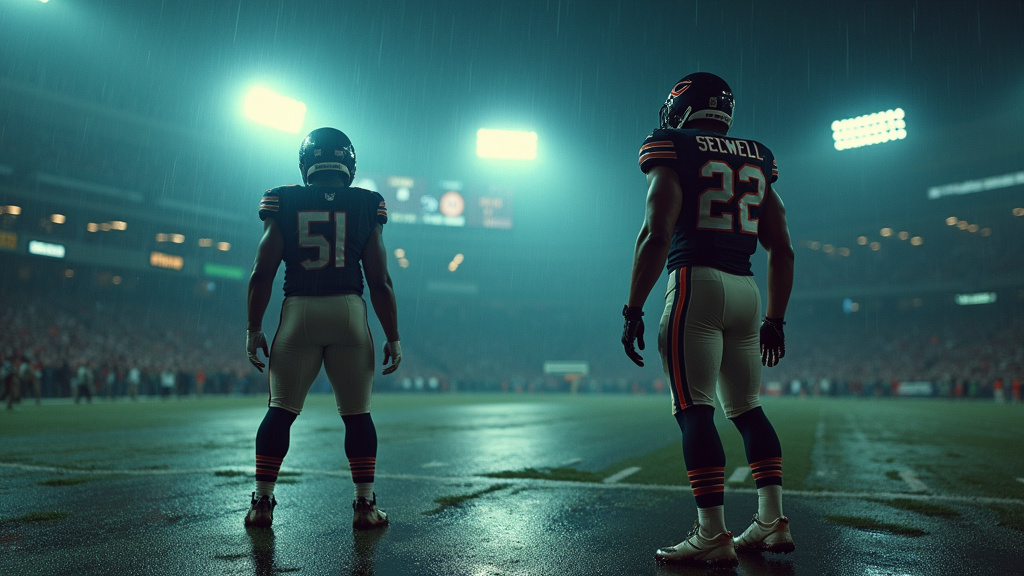A fiery political confrontation erupted on Monday, August 11, 2025, pitting former President Donald Trump against Illinois Governor JB Pritzker in a sharply personal and highly publicized dispute over the state of Chicago. The escalating rhetoric, marked by calls for military intervention and stinging personal attacks, unfolded against a backdrop of inter-state political tensions, adding another layer of complexity to the nation’s trending political landscape.
A Fiery Confrontation Over Chicago’s Future
President Trump, known for his direct and often provocative style, reportedly expressed a desire to deploy the National Guard to Chicago, a city he starkly characterized as a “disaster.” His criticisms did not stop there, as he publicly lambasted both Mayor Brandon Johnson and Governor Pritzker, labeling them “incompetent” in their handling of the city’s affairs. The former president’s strong words immediately ignited a firestorm, drawing immediate and forceful pushback from Illinois’ top officials.
Trump’s “Disaster” Declaration and Guard Proposal
During his public comments, Trump asserted that Chicago’s challenges warranted extraordinary measures, leading to his controversial proposal to send the National Guard into the heart of the city. He doubled down on his critical assessment, reiterating his view that the current leadership, specifically Mayor Brandon Johnson and Governor Pritzker, lacked the necessary capabilities to address what he described as a dire situation. This declaration swiftly became the central point of contention in the unfolding political news, setting the stage for a dramatic showdown.
Pritzker’s Legal Rebuttal and Historical Warning
Governor Pritzker swiftly rebutted Trump’s assertion, emphasizing that the former president lacks the legal authority to unilaterally deploy federal troops to American cities. Pritzker’s defense cited existing law and drew a parallel to a prior legal precedent in Los Angeles, underscoring the legal constraints on such federal interventions. The exchange quickly devolved beyond policy disagreements into deeply personal territory. Trump allegedly mocked Governor Pritzker’s recent weight loss, a move that drew immediate condemnation, and made unsubstantiated insinuations about Pritzker’s family business. In a move that underscored the severity of the rift, Governor Pritzker did not hold back in his response, drawing a stark and controversial comparison between Trump’s actions and the tactics employed by Nazis in 1930s Germany, a comparison that sent shockwaves through the political sphere.
Mayor Johnson’s Call for Funds, Not Troops
Amidst the escalating war of words, Chicago Mayor Brandon Johnson weighed in, urging Trump to prioritize the release of federal funds for existing anti-violence programs rather than pursuing the deployment of the National Guard. Mayor Johnson argued that introducing federal troops would not solve the city’s complex challenges but would instead further destabilize the city, potentially exacerbating tensions rather than alleviating them. He stressed the importance of community-led solutions and sustained investment in preventive measures as the most effective path forward for the popular Midwestern metropolis.
The Broader Political Crossfire: A Texas Connection
Adding a peculiar dimension to the unfolding drama, this high-profile exchange occurred shortly after Texas Governor Greg Abbott had publicly called for the FBI to locate Democratic state lawmakers who had relocated to Illinois. This separate but concurrent development highlighted a broader pattern of inter-state political friction, framing the Trump-Pritzker dispute as part of a larger, increasingly popular national political narrative involving state sovereignty and federal overreach. The political crossfire surrounding Chicago, therefore, is not an isolated incident but rather a symptom of deeper, widening partisan divides across the nation.
The dramatic back-and-forth between a former president and a sitting governor, compounded by the ongoing Texas saga, signals a period of intensified political polarization. The debate over Chicago’s safety, entangled with personal attacks and legal challenges, promises to remain a central and popular topic in the national discourse, underscoring the deep divisions that continue to shape American politics.


